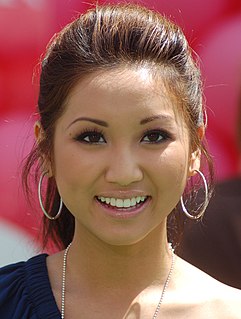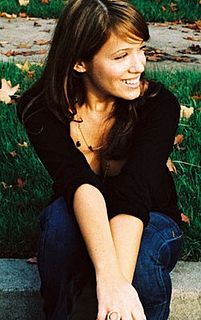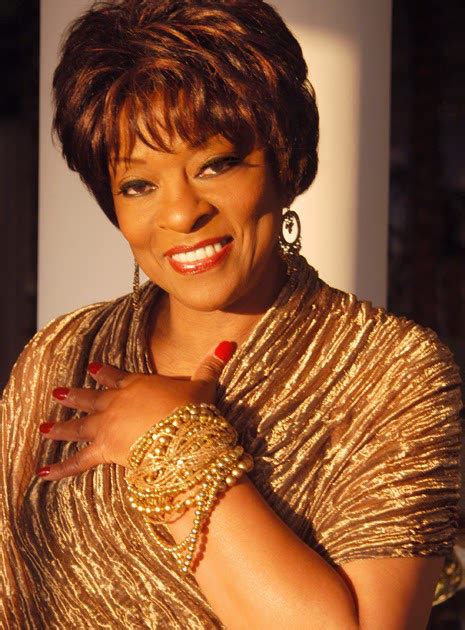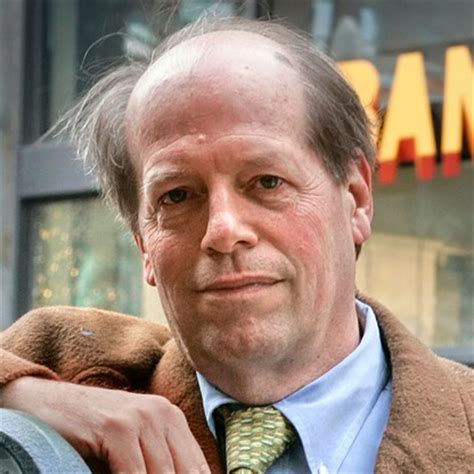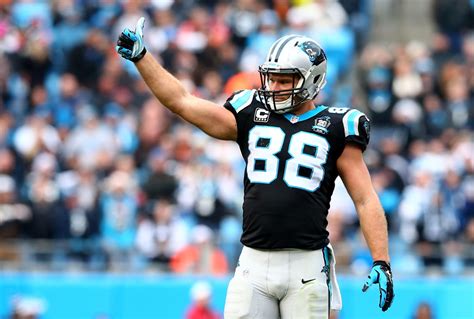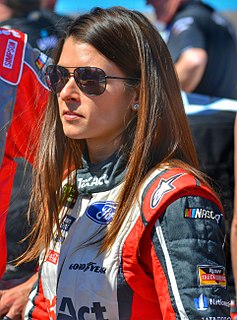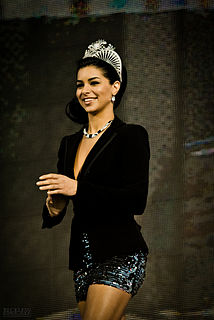A Quote by Brenda Song
I'm a huge breast cancer awareness advocate because my mom went through breast cancer recently. It really brought our family closer.
Related Quotes
Since the fright of breast cancer hit our family, I have been surprised by how many people are dealing with breast cancer in their own family or with a loved one. One friend bluntly told me that she has been through it with her sister, her mom, and her grandmother, and all are healthy and mentally stronger because of the disease.
